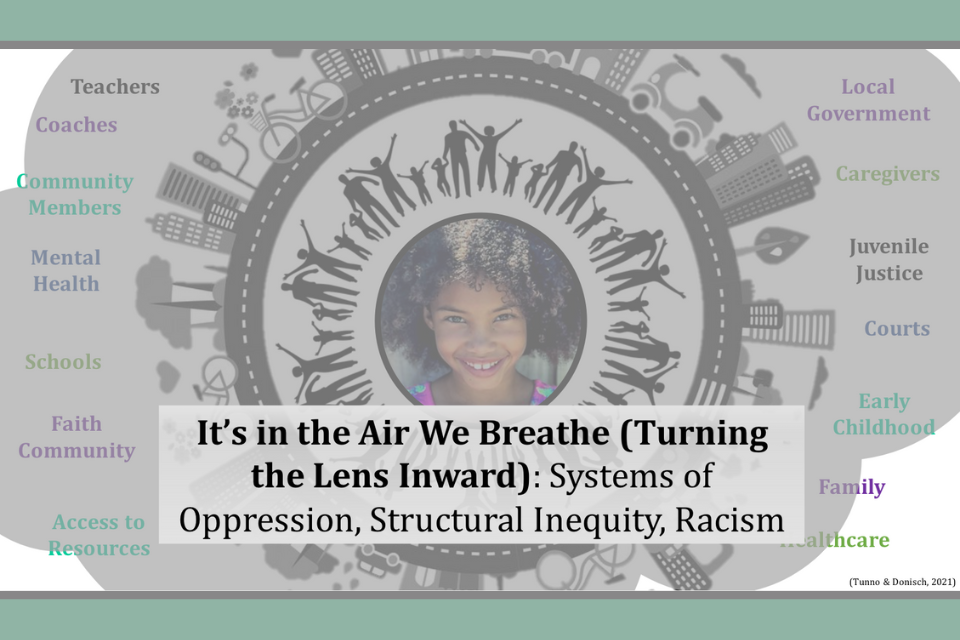Check out our news archive below to learn more about what’s happening in Duke Psychiatry & Behavioral Sciences!
Devoted Team of Trauma Champions Envisions Changes to the University Classroom
Since 2020, the Developing Best Practices for Trauma-Informed Teaching and Learning project team, led by team leaders Jan Holton, PhD, and Warren Kinghorn, MD, DTh, and project manager Stephanie Hargrove, PhD, has been exploring the ways that trauma impacts students’ experiences in higher education.
Duke Awarded $12M Research Grant to Use Artificial Intelligence to Detect Autism
The Duke Center for Autism and Brain Development has been awarded a $12 million federal grant to develop artificial intelligence tools for detecting autism during infancy and identifying brain-based biomarkers of autism.
Where The Journey Toward Healing Begins
What is a community-centered, equitable, and trauma-informed community? And how does it support children impacted by trauma? Seven North Carolina counties have deeply engaged with these questions via the Trauma-Informed Communities (TIC) Project co-led by Dr. Angela Tunno of Duke Psychiatry and the Center for Child & Family Health. Community members, advocates and providers from across NC gathered with national thought leaders to discuss trauma-informed care earlier this summer at the TIC Project’s final summit.
How to Regain Control of Your Sleep
Duke experts and colleagues, including Duke Psychiatry's Sushrusha Arjyal, PhD, share ways to get the right amount of sleep, which can boost your physical and mental health.
Abdelaal and Dzirasa Awarded Gilliam Fellowship from the Howard Hughes Medical Institute
Karim Abdelaal, a PhD student in neurobiology, has been awarded a Howard Hughes Medical Institute Gilliam Fellowship for Advanced Study. The fellowship program aims to build a community committed to advancing science through diversity and inclusion. Duke Psychiatry's Kafui Dzirasa, MD, PhD, is Abdelaal’s advisor.
How Small Moments of Praise Make a Big Difference
In this Working@Duke article, Duke Psychiatry's Laura Weisberg, PhD, provides insights on the value of giving praise in the workplace, and employees share their strategies and experiences with creating a positive culture on their teams.
Duke Psychiatry Trainees Receive Numerous Awards & Honors
Congratulations to our trainees on the many external awards and honors they earned during the 2021-2022 academic year.
Pandemic Amplified Existing Youth Mental Health Crisis
The pandemic has only amplified an already alarming mental health crisis among the nation’s young people, but there are ways for parents and communities to help, three Duke Psychiatry & Behavioral Science experts said during a media briefing on Wednesday, July 13.
At a Crossroads—Reconsidering the Goals of Autism Early Behavioral Intervention From a Neurodiversity Perspective
In this JAMA Pediatrics Viewpoint, Duke University Center for Autism & Brain Development researchers Geraldine Dawson, PhD, Lauren Franz, MBChB, MPH, and S. Brandsen, PhD, reflect on the goals of autism early behavioral intervention from a neurodiversity perspective.
Julie Penzner, MD, Appointed as Vice Chair for Education
Julie Penzner, MD, was appointed as Vice Chair for Education effective July 1, 2022.









